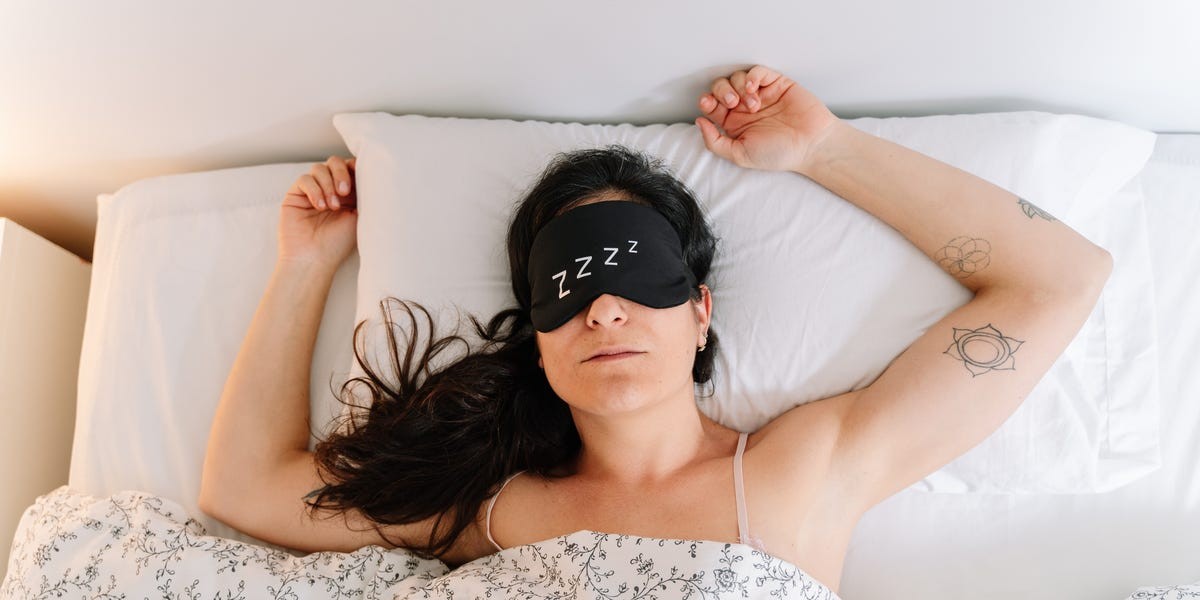Нове дослідження, представлене на науковій сесії Американської кардіологічної асоціації в 2025 році, показує, що вплив штучного світла вночі може значно збільшити ризик серцевих захворювань. Спостережні дослідження виявили кореляцію між високим рівнем нічного світла, підвищеною стресовою активністю в мозку, запаленням кровоносних судин і підвищеним ризиком серйозних серцево-судинних подій. Це свідчить про те, що навіть, здавалося б, нешкідливий вплив світла під час сну може мати негативний вплив на здоров’я серцево-судинної системи.
Зв’язок між світлом, стресом і здоров’ям серця
Дослідження, яке включало 450 учасників, використовувало комбінацію нейровізуалізації та супутникових вимірювань для оцінки впливу світла та його ефектів у часі. Хоча дослідження не доводить прямого причинно-наслідкового зв’язку, воно показує чіткий зв’язок між нічним освітленням і несприятливими серцево-судинними наслідками. Результати підкреслюють важливість підтримки темного середовища під час сну для захисту здоров’я серця.
Експерти пояснюють, що світло є потужним біологічним сигналом, який регулює внутрішній годинник організму, відомий як циркадний ритм. Вплив світла вночі порушує ці ритми, пригнічуючи вироблення мелатоніну, гормону, життєво необхідного для регулювання сну. Цей розлад активує центри стресу в мозку, викликаючи запалення артерій, відомий фактор ризику серцевих захворювань.
«Наш мозок налаштований так, щоб реагувати на природні цикли світла й темряви, і коли ці ритми порушуються, це може вплинути на багато систем організму», — пояснює Шейді Абохашем, доктор медичних наук, співавтор дослідження та директор ПЕТ/КТ-візуалізації серця в Массачусетській лікарні.
Чому нічне освітлення має значення
Зв’язок між впливом світла та здоров’ям серця пояснюється природною реакцією організму на темряву. Під впливом світла вночі мозок отримує суперечливі сигнали – він хоче спати, але світло вказує, що ще день. Це створює «конфлікт», який порушує якість сну та викликає фізіологічний стрес.
У. Крістофер Вінтер, доктор медичних наук, невролог і фахівець з медицини сну, підкреслює, що цей розлад пов’язаний не лише з відчуттям втоми; це має реальні наслідки для здоров’я. «Вплив світла вночі створює конфлікт між бажанням мозку спати та сигналом, який він отримує, що не час спати», — пояснює він.
Прості кроки, щоб захистити своє серце
На щастя, зменшити ризики досить легко. Експерти рекомендують прості кроки, щоб забезпечити темне середовище під час сну:
- Темні штори: ефективно блокують зовнішні джерела світла.
- Маски для сну: забезпечують темряву навіть у яскраво освітлених приміщеннях.
- Зменшення світла: Зменште вплив штучного світла в кімнаті.
Ці невеликі зміни можуть значно покращити якість вашого сну та захистити здоров’я серцево-судинної системи. «Захист темряви ночі насправді може бути частиною захисту вашого серця», — каже доктор Абохашем.
Дослідження підтверджує важливість віддавати перевагу темряві під час сну не тільки для кращого відпочинку, але й для довгострокового здоров’я серця. Зводячи до мінімуму перебування світла вночі, люди можуть зменшити стрес, регулювати вироблення мелатоніну та знизити ризик серцево-судинних захворювань.
